Venezuelan migrants form community in Texas
Thousands of Venezuelan migrants have come to the US seeking asylum in 2022, risking their lives, often making arduous monthslong journeys by foot and spending their entire life savings just to have a shot at sanctuary in the US.
Many get turned away at the border, but those who make it through are granted temporary status to stay in the country and have started to forge a new life. In one corner of Dallas, Texas, many of the migrants have banded together and formed their own community which they call “Villa Dallas.”
The name comes from the Venezuelans who arrived in Dallas around 2019 from a village called Villa Del Rosario near the city of Maracaibo and settled in and around the Oaks of North Dallas apartment complex.
“They were the first to arrive,” Senea Gonzalez, who runs a Venezuelan restaurant in the area told The Post. “From there, word kept spreading. One person would bring a friend and that friend would bring another and it kept growing.”
It’s estimated 18,000 Venezuelans now call the Dallas-Fort Worth area home — the vast majority arriving in the last two years, according to the Dallas Morning News. Unlike the well-known and established Venezuelans communities in Miami and Houston, Villa Dallas is made up almost entirely of refugees who have escaped the country in the last two years.
Since 2015, seven million people have left Venezuela, escaping the socialist regime of Nicholas Maduro, according to the UN. Initially, many fanned out across South American countries, waiting thinking they would soon be able to go home. However, as conditions have continued to deteriorate, Venezuelans started heading to the US. The UN calls it the “second-largest external displacement crisis in the world.”
Villa Dallas now spills into the neighboring cities of Carrollton and Addison — suburbs of Dallas and have started to integrate peacefully. The Dallas Police Department told The Post crime there is lower than normal and many businesses in the area have sprung up selling arepas and pastellitos — Venezuelans food staples. Gonzalez established her arepa restaurant there and has seen an 80% increase in business since it opened three years ago.
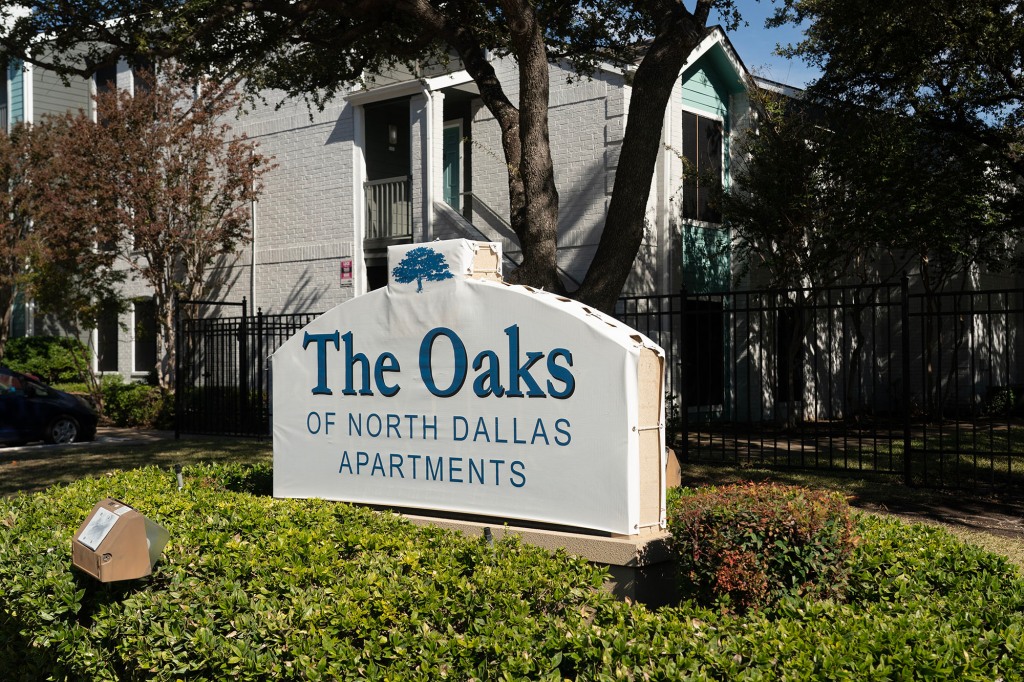
Most of the newly-arrived Venezuelans in the US have on-going applications for asylum –meaning they left their country out of a fear for their life and are legally in the country while the government evaluates them. They can travel, but must regularly check in with Immigration and Customs and Enforcement and attend court hearings while federal courts decide if they can stay — a process that usually takes years.
During that time some are allowed to legally work by being granted a work permit, a process which takes months, but many others find other ways to make money.
“We have groups on WhatsApp and Facebook where we support each other,” explained Gonzalez. “This Venezuelans sews, this one makes birthday cakes, this person can install floors. We hire each other. That’s how we survive until we can get a work permit.”
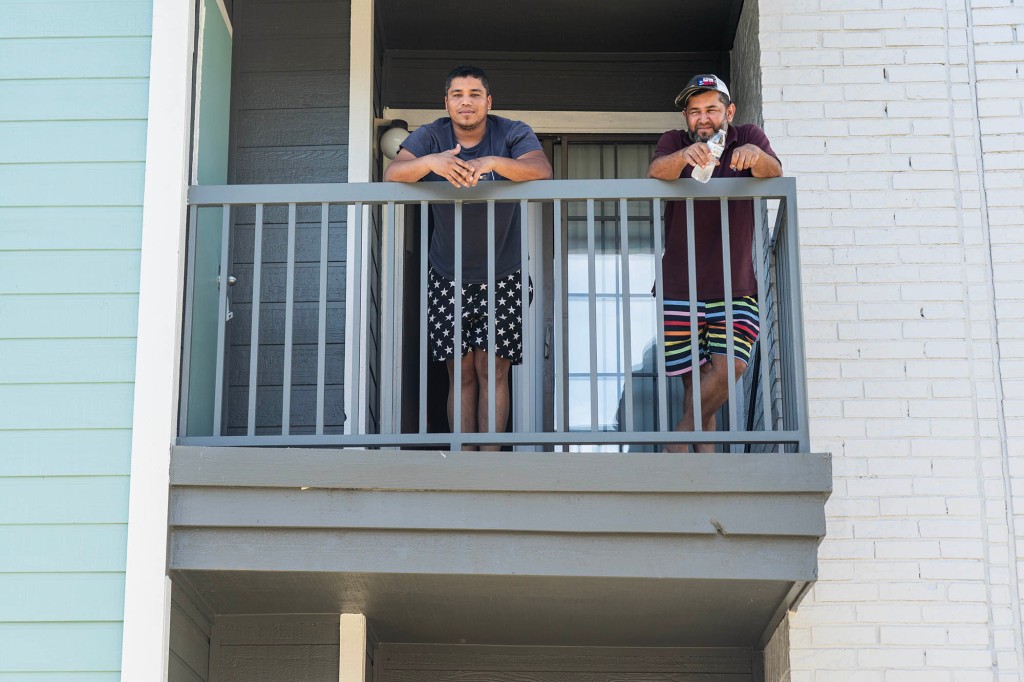
Before this recent wave, there wasn’t a Venezuelan community in Texas’ largest metro area, where Mexican culture dominates. But just as millions of Americans moving to the Lone Star State have discovered, the strong economy and low cost of living beckoned them to Dallas.
“Dallas is relatively close to the border and there are so many jobs and opportunities here,” said Gonzalez. “Some people went to Miami first, but it’s too expensive to live there, so they moved to Dallas and are really able to be successful here.”
One of the biggest success stories is Genesys Anez, who in two years quit her job at the Cheesecake Factory resaturant chain and decided to start her own business selling Venezuelan food out of her Villa Dallas apartment.
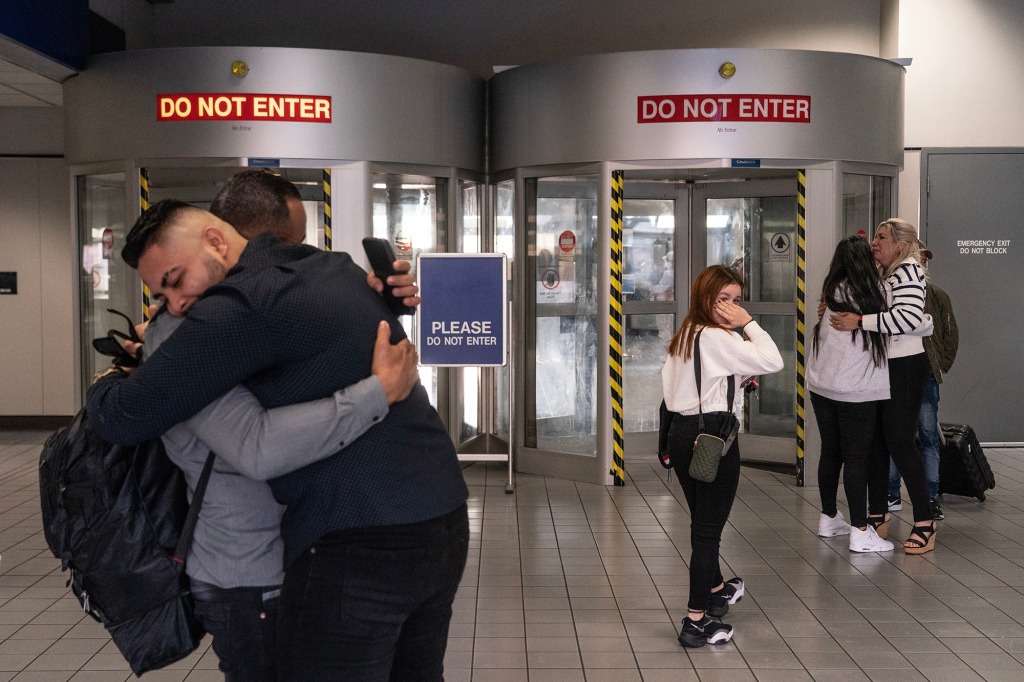
“When I arrived in Dallas, there weren’t Venezuelan restaurants — no places to eat an empanada or a pastellito,” said Anez — whose restaurant has becoming a meeting place.
She was able to make enough money to buy a food truck. One year later, she opened a restaurant called Big Yummy that is wildly successful — catering to her arriving catering to her arriving “paisanos” – a friendly term for countrymen.
Now, she is expanding her restaurant to accommodate people who stand in line to get in on weekends and opening a nearby bakery and market since grocery stores in Dallas don’t carry Venezuelan products.
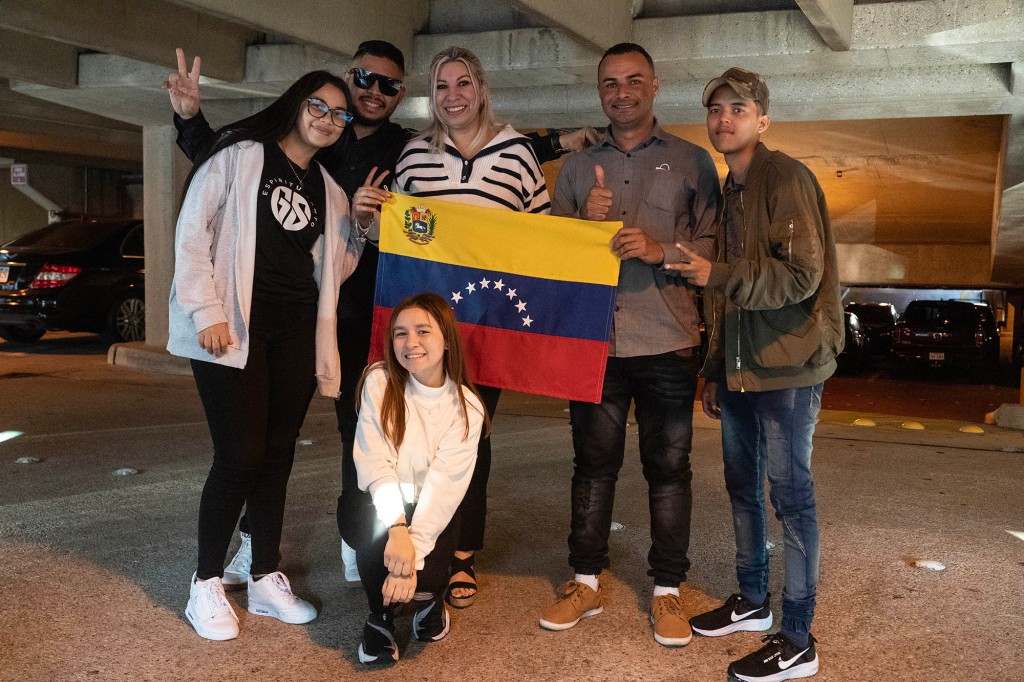
“I hope more Venezuelans arrive because that means more clients for me,” she said.
And they continue to arrive. In October, President Joe Biden announced a humanitarian parole program for Venezuelans. In order to qualify for a temporary visa to enter the country, Venezuelans must have a sponsor in the US, no criminal record and are not allowed to cross the border illegally. If approved, they will arrive by plane and will have permission to work.
The Post witnessed six of Gonzales’ family members– all approved under the new program — reunite with her at DFW airport after years apart.
Along with the anouncement of the parole program, President Biden expanded Title 42 — a pandemic health policy — to expel Venezuelans who cross into the country illegally and send them to Mexico. That put a temporary hold on many Venezuelans coming into the country.
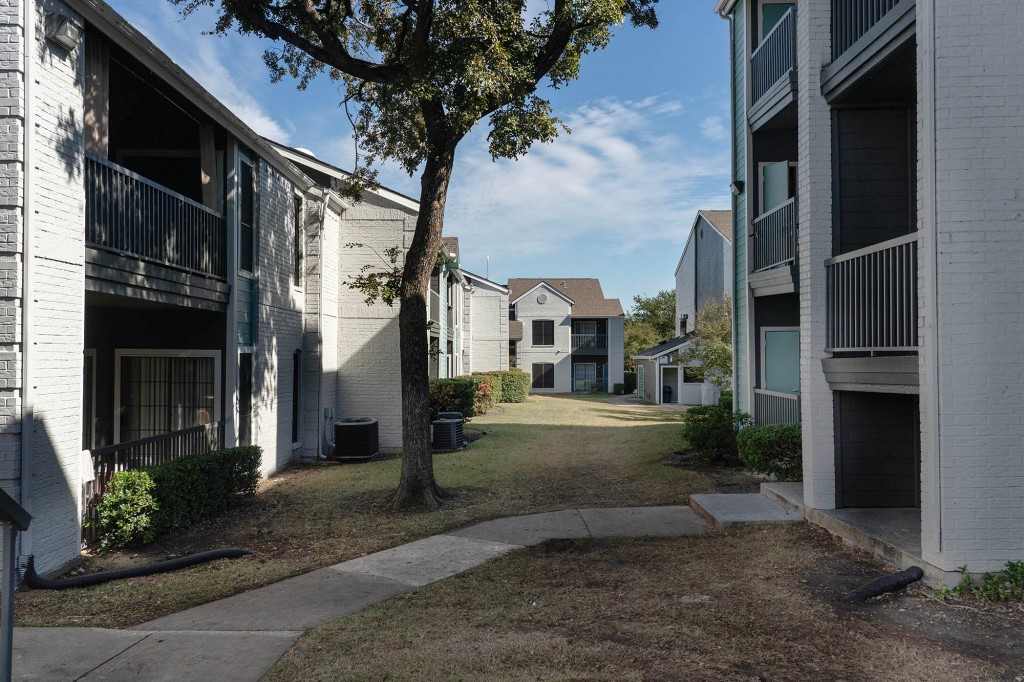
“I think it’s a good thing because so many lives have been lost risking everything to get to the US because of the desperation that exists in Venezuelans. So many have fallen into the hands of cartels to get to the US, or if they have made it, it has cost them everything“, said Gonzalez.
Title 42 will end on Dec. 21, after a ruling by a federal judge that it is no longer legal. The federal government has yet to announcement what, if anything, will take its place since the US Border Patrol uses Title 42 to kick out about 40% of all immigrants who cross the border back to Mexico.
Meanwhile, Venezuelans in Dallas say they’re making enough money to support themselves and their families in their homeland, where the US Dollar, not the Bolivar– is used for everything.
“We see this state and this city as a great opportunity that has opened the doors to us,” said Gonzalez. “We have been accepted here because Dallas is such a diverse place. In our house, we fly the Texas flag.”
Read the full article Here


